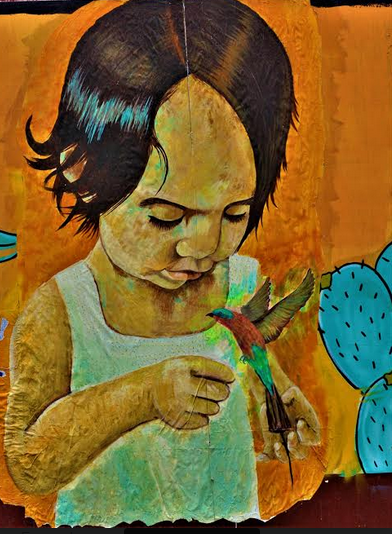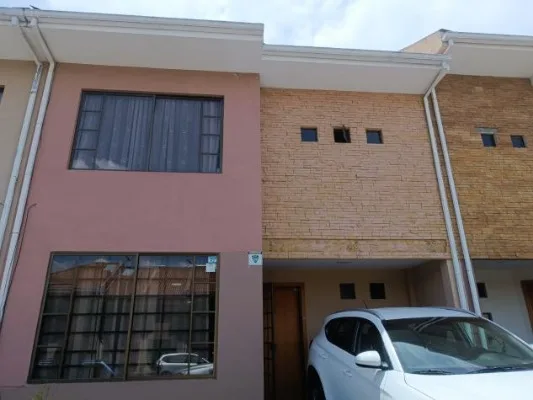In valleys favored by the gods
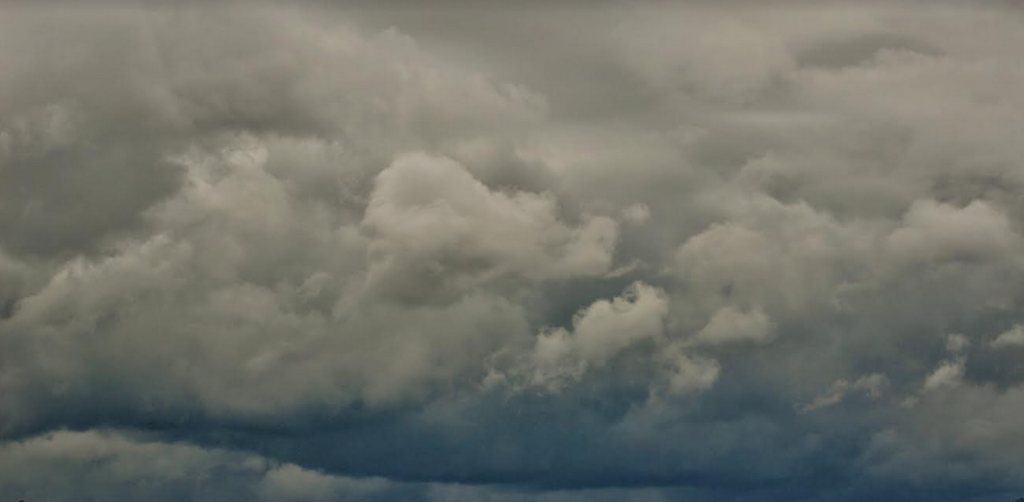
By Robert Bradley
We are in the cloud factory, where storms are fermented and barreled down the valleys, knocking thunder and spilling water.
We are afloat on a bay of cloud exposing island domes growing tussock grasses and páramo.
We are enveloped in a cool alpine mist that smoothes Shyone and David’s voices as they brew coffee and scramble eggs for breakfast.
The air smells of leaves and grasses.
Shangri-La.
 In the meadow below me are alpaca, swaying in and out of view in nearly silent symmetry. They are dancing an elaborate ballet requiring great leaps and turns, keeping time with a score that only they can hear. But, I am not surprised that they hear it so clearly; the air is as clean as glass.
In the meadow below me are alpaca, swaying in and out of view in nearly silent symmetry. They are dancing an elaborate ballet requiring great leaps and turns, keeping time with a score that only they can hear. But, I am not surprised that they hear it so clearly; the air is as clean as glass.
Up towards the forest line, mountain toucan and golden plume parakeets can be seen among the other 160 species of birds that call this region home. But, all is not well. The toucan and parakeet, like too many other birds here, now sing songs of loneliness. The day may come when we may not hear from them again.
This land is repaired land. The Cañari improved the steep incline by forming terraces, stretching farmland for miles, some curving into shadows, some opening along the sun’s path. These are not like the constructed steps favored by the Inca — erupted stones forced upon one another to form a wall — these terraces are hand-formed, folding upwards within the contour of the land itself, disturbing little and retaining a rhythmic quality that has endured for 2,000 years.
A gentle touch can last forever.
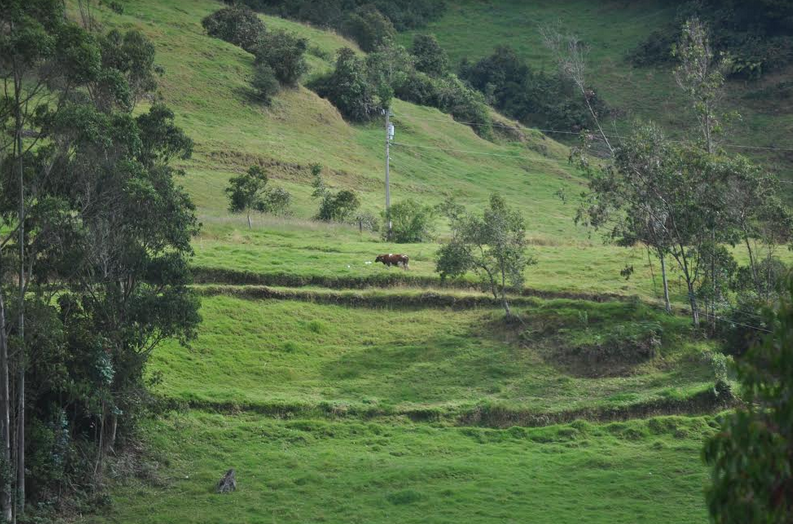 As I looked out across the valley, Shyone approached and stood beside me. I asked him what he saw, if the Cañari stood where we stood and if they marveled at the beauty as I do. He closed his eyes for a moment and grew somber; his reply came slowly.
As I looked out across the valley, Shyone approached and stood beside me. I asked him what he saw, if the Cañari stood where we stood and if they marveled at the beauty as I do. He closed his eyes for a moment and grew somber; his reply came slowly.
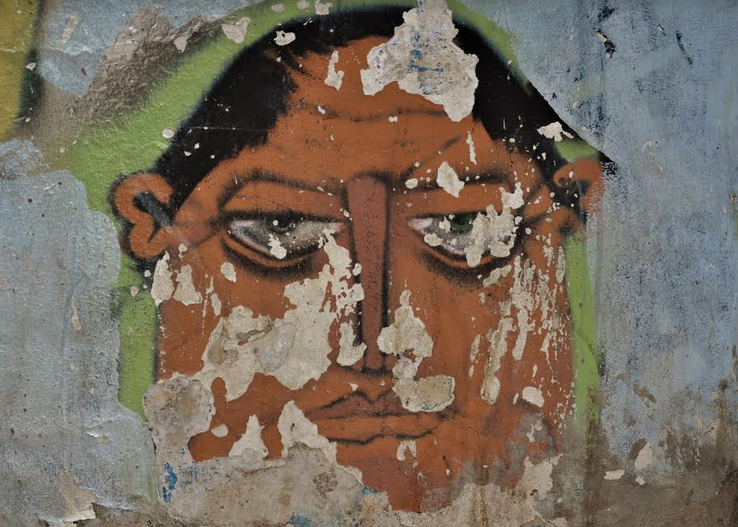 “There were once 40,000 Cañari living here; now there are 500. The place was exuberant with children playing, chickens scratching, dogs barking, and neighbors chatting about each other while tending peas and potatoes planted along the terraces that stretched beyond view. Smoke thickened the air, weaving the aroma and din of life through valleys favored by gods, and all assumed life as they knew it would extend to eternity.
“There were once 40,000 Cañari living here; now there are 500. The place was exuberant with children playing, chickens scratching, dogs barking, and neighbors chatting about each other while tending peas and potatoes planted along the terraces that stretched beyond view. Smoke thickened the air, weaving the aroma and din of life through valleys favored by gods, and all assumed life as they knew it would extend to eternity.
“And then the invaders came and stripped everything away. What was once thought to be endless was destroyed by greed, willful abuse and complete disregard for future generations.
“It is only now, after 2,000 years, and through great effort by foundations like Cordillera Tropical, that the land is again being properly attended, allowing people to return and reclaim their broken gods, to re-seed the soil, to once again raise families.
“This is a post-apocalyptic world”.
I was stunned.
As sunlight retreated under the tent of shadows, thick columns of rain and fog, descended upon us like a dark inverted mushroom growing from the sky into the earth.
A mushroom cloud.
A mushroom cloud.
